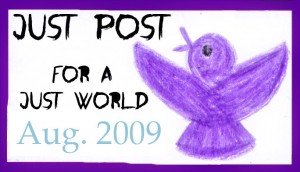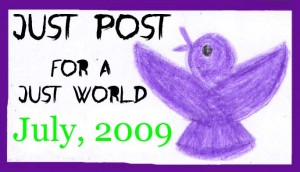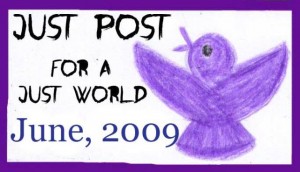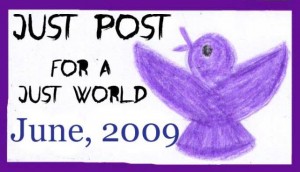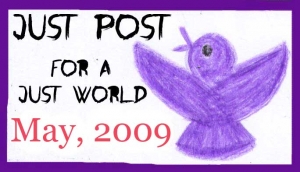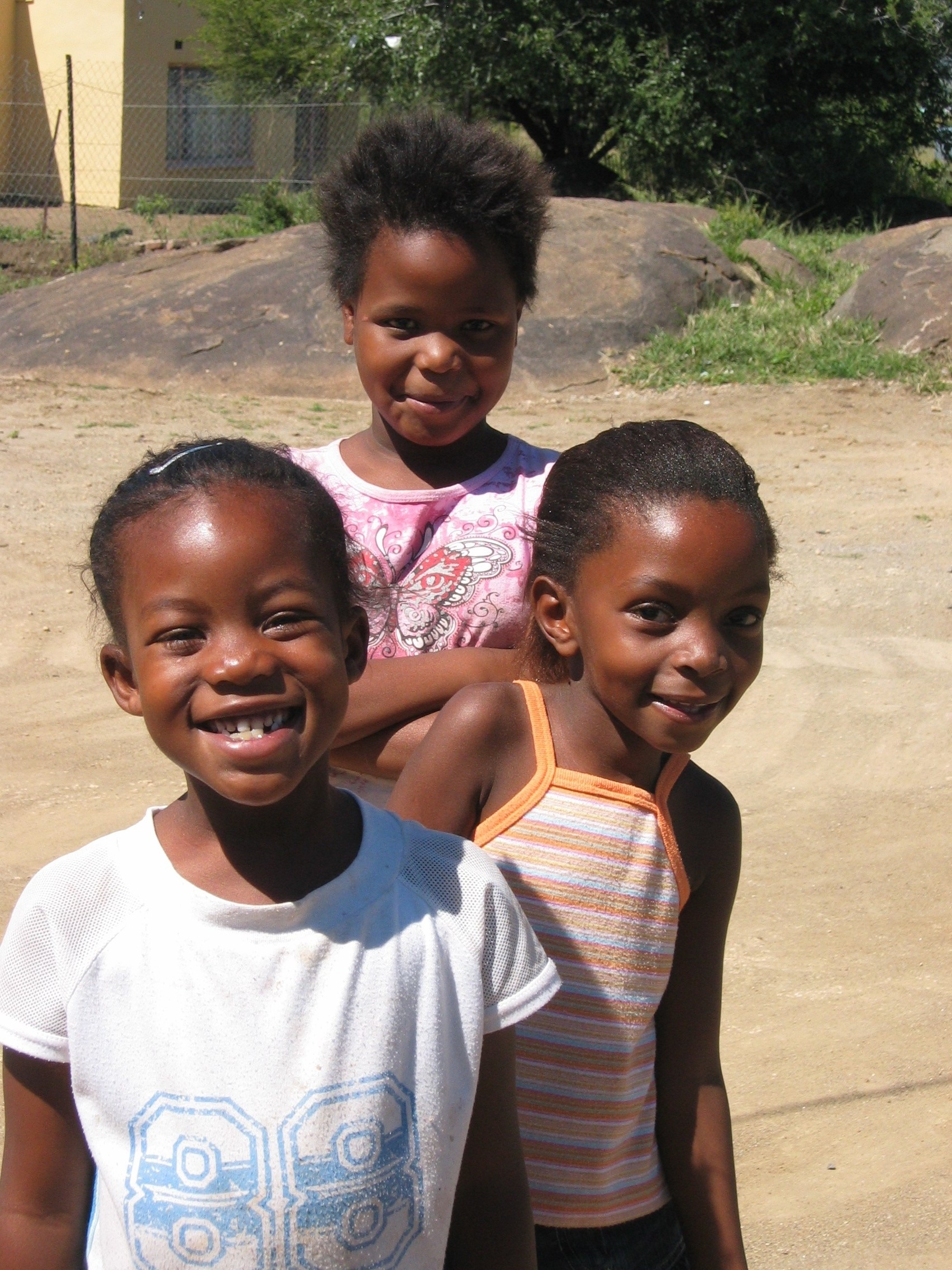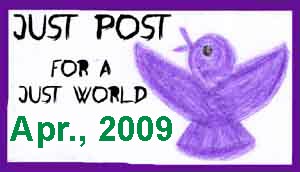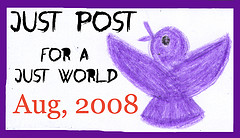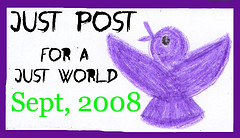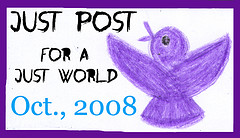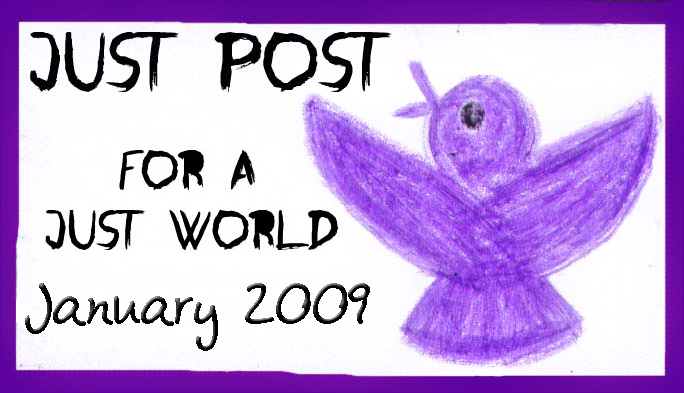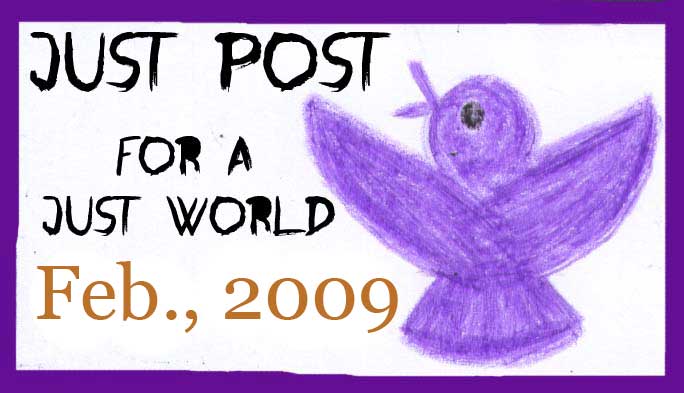My silence on the issue is not because of lack of interest, thought, or evidence. Either I’ve become so apathetic that I’ve lost the ability to hold faith in anything (a distinct possibility) or I’ve smartened up — after awhile, you just have to face the fact that the dining room table is never going to respond.
Then, this past week, we were faced with situations that necessitated medical attention. The first occurred while in Pensacola, where we visited a walk-in clinic that was part of the medical center Kate was unexpectedly born in 3 years ago; the second took us to an urgent care center favored by many in our area as one of the best around.
The differences were distinct and pronounced in every respect.
At Pensacola’s Baptist Medical Center, both Kate and I were seen by a friendly, good-natured, respectful, and competent provider who gave both of us very thorough exams with no ounce of hurry. Kate had a chest x-ray to check out some wheezing heard in her lungs. We had several pharmacy prescriptions filled. The kids played in a children’s area. And, all of the above happened within a 2-hour time frame.
Then, over the weekend, one of the kids who was staying with us at the beach tested positive for Type A influenza (aka: H1N1 flu). The testing occurred on Sunday, with Will’s first day of school Monday, the next day. We couldn’t send him to school until we knew that he was without flu — and in the interest of due diligence, needed to show that the rest of our family were not harboring flu as well. Both Kate and Will had some fever on Sunday afternoon, and on Monday morning, all four of us were showing fever.
Despite pre-arrival calls to the one clinic that would see all four of us, and despite filling out all paperwork before our arrival, we waited for over an hour and a half in the open waiting area. It was not particularly busy. When we did see a nurse, she was secretive in her assessments (if you take a measure, you share it with the client, and you most certainly do not hesitate in reporting it), and was incomplete in her evaluation. I had good reason to believe that some of the equipment was showing measurement error and one of the machines even broke during use. We heard the doctor insulting us from the other side of the door. When we finally did get seen, they did not provide the service we requested, I had to correct an inaccuracy the physician made regarding influenza, and in the end, they prescribed medicines the CDC specifically advises against for H1N1 flu treatment and prevention. From start to finish, the whole thing took about 4 hours. Note: we did not take the extra 2 hours it would have taken to fill the prescription. (Buying a house is faster and involves less paperwork than filling a prescription in New Orleans.)
In short, we tried to do the right thing so that Will could be cleared to attend school. In the process, we paid a gross amount of money, lost precious work hours, were insulted, and came away with poor treatment advice. Such is the nature of health care in New Orleans.
Yes, without question, the health care system in the United States is incredibly broken and dysfunctional. Our country is among the worst in the developed world in virtually every indicator of health. Without question, it’s bad.
And in New Orleans? Whether from lack of providers, lack of resources, lack of compassion, or apathetic frustration (all of which are factors) — it’s even worse.
—
A few months ago, I was asked to help on a survey that a local agency wanted to do regarding experience with the health system. It was being put together last minute, by well-intended people who were driven by a need to show the dysfunctions within our medical services. Surveys in New Orleans are incredibly difficult post-Katrina (if not impossible) because we simply do not know how many people are here, particularly within marginalized, minority populations. Still, this organization had a group of health students coming from a respected northeastern University during their spring break, and these students wanted to “help” by doing whatever “survey” this group could concoct. Upon investigation, I discovered that the students were under no supervision from their institution, had no IRB approvals despite the sensitive nature of the questions they were wanting to ask within high-risk groups, and (most alarming) felt no ethical conflict about any of the above. These things would be in-excusable for work done in their own city, but in New Orleans, a place known to be low on resources, it was seen as perfectly acceptable by both these students (who, frankly, should have been trained to know better) and the local organization. In short, the idea was that it was fine for New Orleans to accommodate lower standards of research and be accepting of unethical inquiry simply because we are resource-poor.
I withdrew from the survey and advised the organization to put the students to work finding information that was needed for an area benchmarking of services. The students protested that it wasn’t a good enough use of their time and proceeded with the survey… which grew into a monster so unethical and alarming that I pondered reporting it to their home institution.
All people deserve ethical treatment in research, no matter how resource-poor they or their communities may be. I do not feel that this is negotiable on any level. What does that say about us when we decide which kind of people get respect and value in a health inquiry and which do not?
—
How we can talk about health without talking about ethics? About what it means to be human and the ways in which our society should reflect how we define humanity? Isn’t that the point?
I do not know how ethics have left the conversation of health care. How, in our debate of it, we have forgotten to discuss what is right, what is the most human response. But it isn’t there. And in New Orleans, ethics is not only ignored but deliberately surpassed as an annoying step one can causally eliminate. As if the people here are so desperate and pathetic that we should be thankful for any “help” we can get.
It is beneath us to compromise ourselves, no matter where our community stands in recovery, no matter where our society stands in development.
